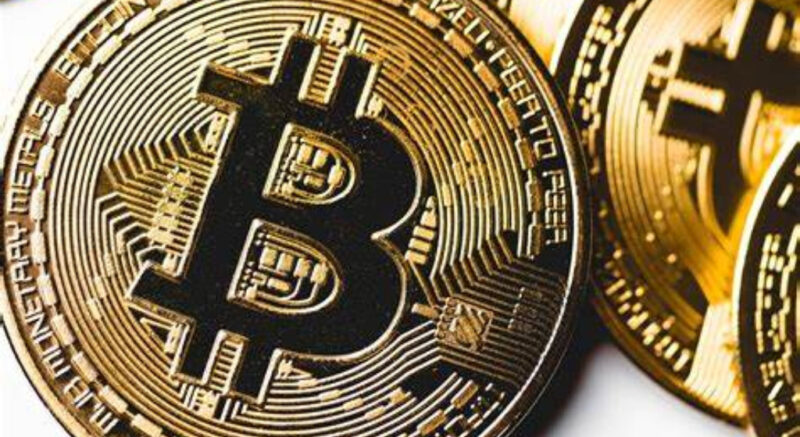The Future of Banking and Bitcoin
Bank Consolidation: A Threat to Freedom
As the banking sector continues to consolidate, the threat to personal freedom continues to grow. Bank mergers have become increasingly common over the past few years, and the trend shows no sign of slowing down. While the official line is that consolidation is necessary to improve efficiency and profitability, the reality is that fewer banks mean less competition, less choice, and less power for the consumer.

As the number of large banks grows, so too does the risk of monopolistic practices. The big players in the banking industry have the power to set interest rates, control access to credit, and influence government policy. This concentration of power is bad news for consumers, who may find themselves subject to higher fees, more restrictive lending practices, and less choice overall.
Furthermore, consolidation puts the entire financial system at risk. When banks become too big to fail, they become a systemic risk to the economy. The 2008 financial crisis demonstrated just how devastating the collapse of a few large banks can be. When banks are allowed to merge and acquire one another without proper oversight, the risk of a catastrophic failure only grows.
Why Bitcoin is Flourishing Amidst Bank Mergers
As the threat to personal freedom posed by bank consolidation grows, many are turning to alternative financial systems to protect their wealth and maintain their autonomy. One such system is Bitcoin.

Bitcoin is a decentralized, digital currency that operates independently of banks and other financial institutions. It is based on a technology called blockchain, which is secure, transparent, and resistant to censorship. Because Bitcoin operates outside of traditional banking channels, it offers several advantages over traditional banking.
For one, Bitcoin is not subject to the same regulations as traditional banks. This means that users can access a wider range of financial services without fear of government interference or overregulation. Additionally, Bitcoin transactions are faster, cheaper, and more secure than traditional banking transactions.
Finally, Bitcoin offers users greater control over their financial lives. Because Bitcoin is decentralized, users are in complete control of their funds. They can send and receive money without the need for intermediaries, and they can do so anonymously if they choose. This level of control is simply not possible with traditional banking.
The Future of Banking and Bitcoin
As the banking sector continues to consolidate, the future of finance is becoming increasingly digital. Bitcoin and other cryptocurrencies are poised to play an important role in this new financial landscape. However, it remains to be seen how the traditional banking industry will respond to this challenge.
Some argue that banks will eventually embrace cryptocurrencies and integrate them into their existing operations. Others believe that the banking industry will continue to resist this trend and may even attempt to regulate cryptocurrencies out of existence.
Regardless of how the banking industry responds, it is clear that Bitcoin and other cryptocurrencies are here to stay. As more and more people become disillusioned with traditional banking, they are turning to decentralized financial systems that offer greater control and autonomy.
In conclusion, bank consolidation poses a threat to personal freedom and the stability of the financial system. However, it has also created an opportunity for alternative financial systems like Bitcoin to flourish. As the banking industry continues to evolve, it will be interesting to see how it responds to this new challenge. One thing is certain, though: the future of finance is digital, and Bitcoin is leading the way.
ChesWorkShop commits to presenting fair and reliable information on subjects including cryptocurrency, finance, trading, and stocks. However, we do not have the capacity to offer financial guidance, advocating instead for users to conduct their own diligent research.
